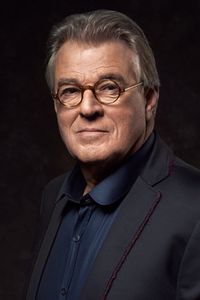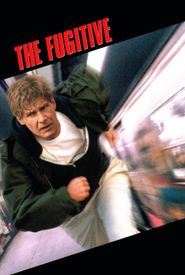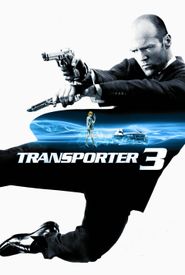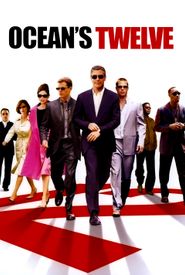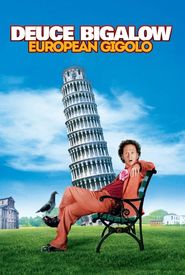Jeroen Krabbe's life journey was marked by a serendipitous blend of artistic pursuits. Born in Amsterdam to a family of painters, his grandfather was a renowned impressionist, his father a talented artist, and his mother a skilled interpreter responsible for translating Dutch films into English. This rich cultural heritage seemed to have destined him for a life in the arts. However, after completing high school and a year of painting at the Academy of Fine Arts, Krabbe made a bold decision at the age of 17 to switch to acting and became the youngest student to be accepted at the prestigious Toneel School, also known as the Academy of Performing Arts.
Under the guidance of the Academy, Krabbe honed his craft, graduating in 1965 and subsequently spending six years in repertory theatre, where he distinguished himself in a wide range of roles, including Bierowne in 'Loves Labours Lost', Cassio in 'Othello', and Chance Wayne in 'Sweet Bird of Youth'. His impressive performances earned him recognition within the Dutch theatre community.
In the early 1970s, Krabbe took the initiative to form his own theatre group, which toured extensively, performing in productions such as 'Relatively Speaking' and 'How the Other Half Loves'. This venture further solidified his reputation as a talented actor.
However, Krabbe's true breakthrough came when he directed and starred in 'The Diary of Anne Frank', which became one of the most successful productions on the Dutch stage. His performance as Otto Frank earned him widespread acclaim.
In addition to his stage work, Krabbe also ventured into television, hosting a popular chat show on Dutch television and a music program on the radio. His impressive range was further showcased when he landed a leading role in Paul Verhoeven's 'Soldier of Orange' on radio.
The success of 'Soldier of Orange' marked a turning point in Krabbe's career, as he decided to leave the Netherlands to pursue opportunities in America. He went on to star opposite Rock Hudson in the television series 'World War Three' and appeared in two films directed by Paul Verhoeven, 'Spotters' and 'Fourth Man'. His performance in the latter earned him the prestigious 'Vittorio de Sica prize in Italy and a special award at the film festival in Avoriazi, Spain.
After a decade of exploring various artistic mediums, Krabbe returned to the Academy of Fine Arts to rekindle his passion for painting. He spent three years honing his skills, simultaneously working in film and stage acting. Ultimately, he decided to abandon his theatre career and focus on painting and filmmaking.
Krabbe's decision was vindicated when he was invited to showcase his work alongside his father and grandfather at the prestigious Singel Museum in Laren. The exhibition was a resounding success, cementing his reputation as a talented painter and solidifying his position as a true artist.
